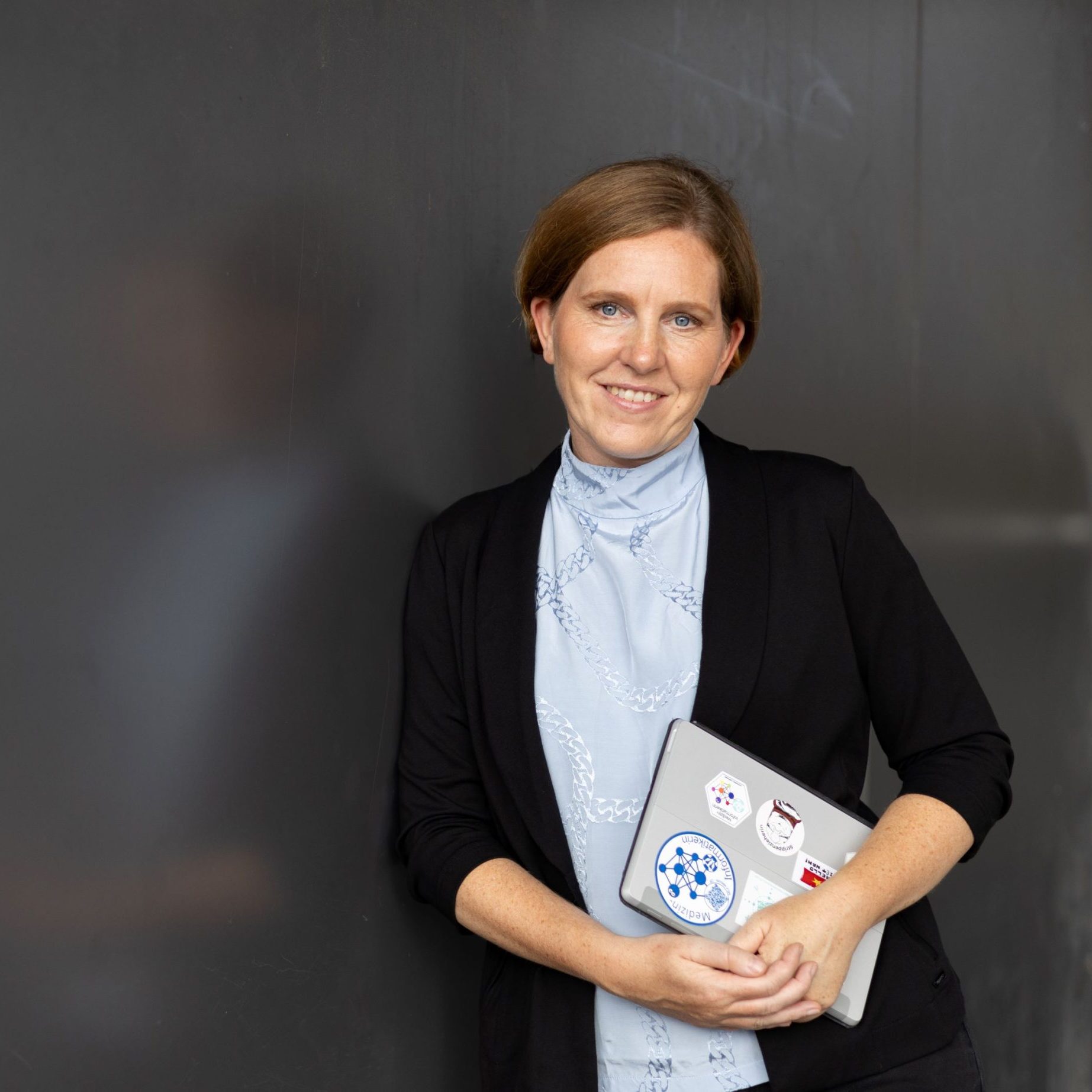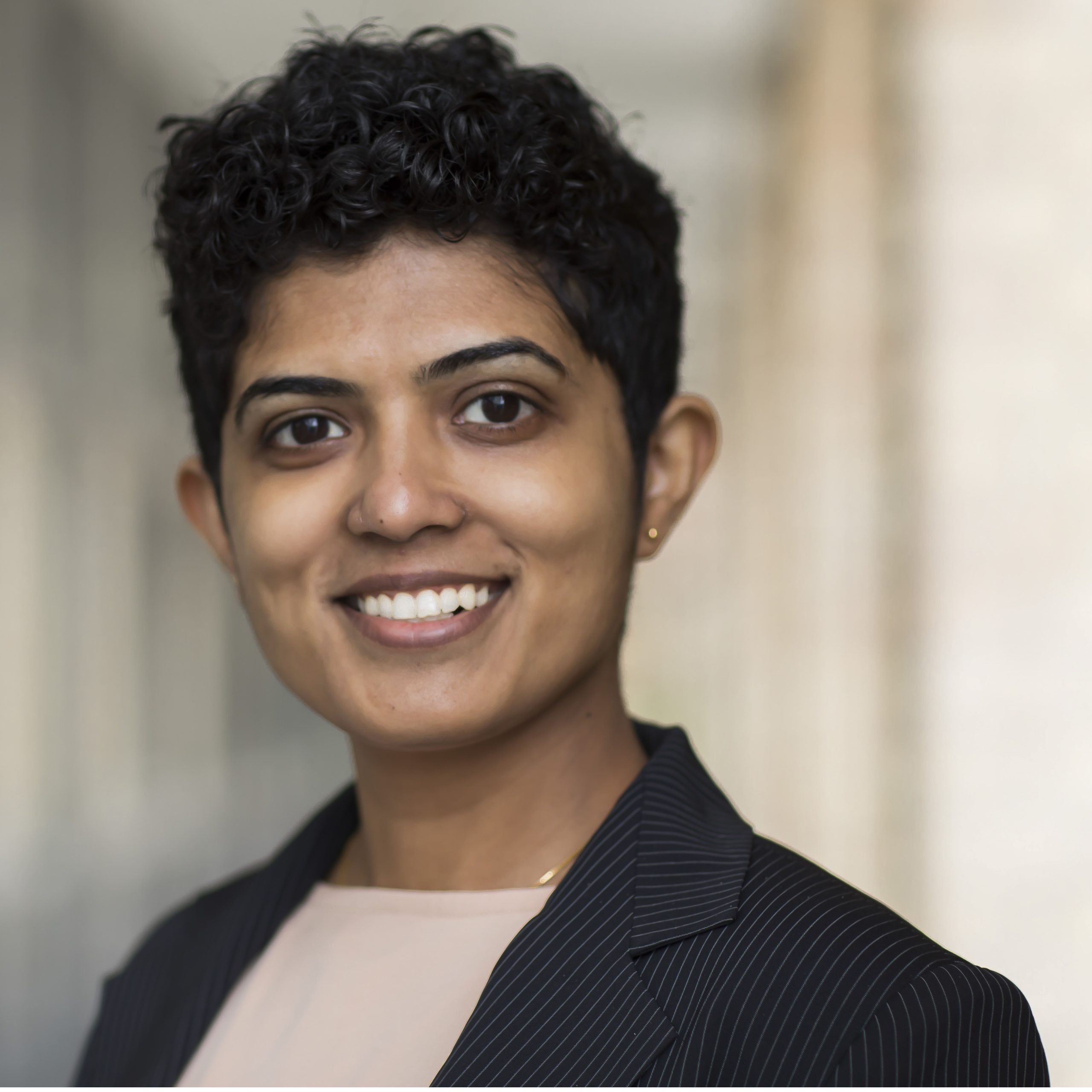Location: Konferenzraum 4
Schedule
9:00 – 10:00: Evaluating Search for Systematic Review Creation

Prof. Dr. Allan Hanbury
Professor of Data Intelligence, Head of the Data Science Research Unit, TU Wien, Austria
Allan Hanbury is a Professor of Data Intelligence, head of the Data Science Research Unit, and Faculty Representative (responsible for financial affairs and internationalization) at the Faculty of Informatics, TU Wien, Austria. He is also a faculty member of the Complexity Science Hub Vienna. He was the scientific coordinator of the EU-funded Khresmoi Project on medical and health information search and analysis and is co-founder of Contextflow, the spin-off company commercializing the radiology image search technology developed in the Khresmoi project. He is the coordinator of DoSSIER, a Marie Curie Innovative Training Network, educating 15 doctoral students on domain-specific systems for information extraction and retrieval. He also coordinated the EU-funded VISCERAL project on evaluation of algorithms on big data, and the EU-funded KConnect project on technology for analyzing medical text. He is the author or co-author of over 180 publications in refereed journals and refereed international conferences. He contributes to research and innovation strategy development in Austria and Europe and regularly gives talks on topics related to his research.
10:30 – 11:30: Research with clinical routine data – but how? Building a data portal for the German Network University Medicine

Prof. Dr. Dagmar Waltemath
Professor of Medical Informatics, Institute for Community Medicine, Medical University of Greifswald, Germany
Dagmar Waltemath is a Professor of Medical Informatics at the Medical Informatics Laboratory, University Medicine Greifswald, Germany. Her research focuses on making research data sustainably available, as they are an integral part of scientific investigations but often remain unpublished. She develops concepts, methods, and tools to improve the handling of research data. In this context, graph databases play a crucial role in linking heterogeneous data sources. Her work includes both specific solutions for managing large, diverse datasets in collaborative projects and more general approaches, such as efficient data retrieval methods, similarity measures, and data provenance concepts. Additionally, she is dedicated to enhancing research data management practices across all phases of the data life cycle. She actively contributes to the development of guidelines, standards, and roadmaps for sustainable research data management through various committees and working groups. Among her roles, she contributes to ISO and DIN, served as chair of COMBINE (a network for standardizing data in computational biology) for several years, and participates in national initiatives such as NFDI4Health, the Medical Informatics Initiative, and the German Network University Medicine. Many of the concepts developed in her research group are directly integrated into the workflows of the Core Unit Data Integration Center, which aims to enhance clinician scientists’ access to research data and support them in research data management.
11:30 – 12:30: Generative AI Workflows for Scientific Schema Mining and Ontology Engineering

Dr. Jennifer D’Souza
Junior Group Leader and Senior Postdoctoral Researcher, TIB Leibniz Information Centre for Science and Technology, Hannover, Germany
Jennifer D’Souza is a Junior group leader and a senior postdoctoral researcher at TIB Leibniz Information Centre for Science and Technology, specializing in AI, NLP, and scientific knowledge extraction and organization. She leads the NLP-AI aspect of the Open Research Knowledge Graph (ORKG) and heads the SCINEXT project, advancing neuro-symbolic AI and NLP for scientific innovation extraction, funded by the German Ministry of Education and Research (BMBF). Her projects develop knowledge extraction and organization services, recently using generative AI, aimed at enhancing the strategic use of science and innovation to bolster societal R&D cycles. She has published in top-tier conferences in NLP (EMNLP, ACL, COLING), Digital Libraries (JCDL, ICADL), and high-impact journals; and is actively involved in organizing community research and development shared challenges (e.g., at SemEval and CLEF) and hackathons.
WSDM Day Submissions
13:30 – 13:50: A Systematic Evaluation of Single-Cell Foundation Models on Cell-Type Classification Task: Nicolas Steiner (L3S Research Center); Ziteng Li (L3S Research Center); Omid Vosoughi (L3S Research Center); Johanna Schrader (L3S Research Center); Soumyadeep Roy (IIT Kharagpur); Wolfgang Nejdl (L3S Research Center); Ming Tang (L3S Research Center)*
13:50 – 14:10: BioLinkerAI: Leveraging LLMs to Improve Biomedical Entity Linking and Knowledge Capture: Ahmad Sakor (TIB-Leibniz Information Centre for Science and Technology)*; Kuldeep Singh (Cerence GmbH); Maria-Esther Vidal (TIB Hannover)
14:10 – 14:30: Enhancing Medical Knowledge Discovery: A Neuro-symbolic System for Inductive Learning over Medical KGs: Disha Purohit (TIB)*; Yashrajsinh Chudasama (TIB); Maria-Esther Vidal (TIB Hannover)
14:30 – 14:50: HyKG-CF: A Hybrid Approach for Counterfactual Prediction using Domain Knowledge: Hao Huang (TIB Hannover)*; Maria-Esther Vidal (TIB Hannover)
14:50 – 15:05: Using Photon-Counting CT Images for Lung Nodule Classification: Leonie Basso (Hannover Medical School)*; Zahra Ahmadi (Hannover Medical School); Steffen Oeltze-Jafra (PLRI, Hannover Medical School); Eike Petersen (Fraunhofer Institute for Digital Medicine MEVIS); Hoen-oh Shin (Hannover Medical School); Andrea Schenk (Fraunhofer MEVIS, Bremen)
15:05 – 15:20: Sigmoid Similarity in Semantic HCP Networks – An Approach for Context Aware Search and Recommendations: Pallavi Karanth (TIB)*

